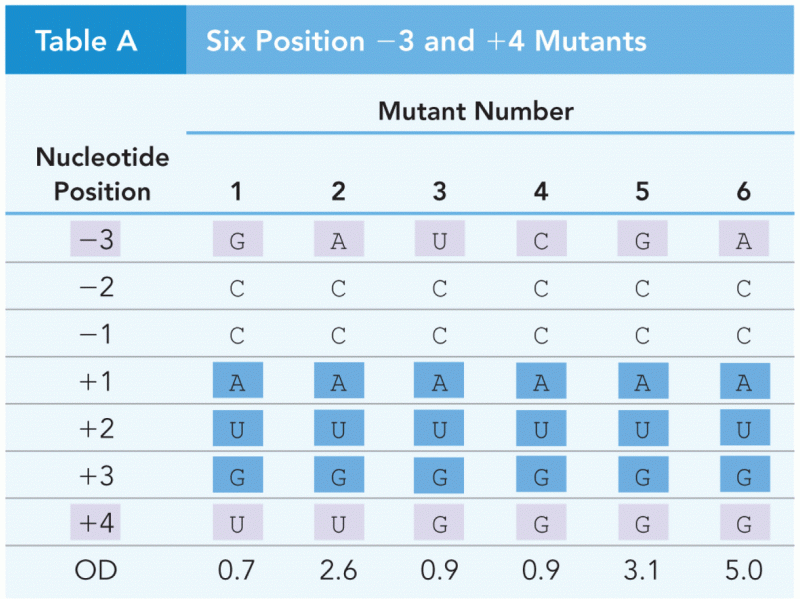|
|
|
Did you know?
Since 1988, the CDC has reported a 99% reduction in bacterial meningitis caused by Haemophilus influenzae, due to the introduction of the vaccine against it.
Did you know?
The average adult has about 21 square feet of skin.
Did you know?
About 60% of newborn infants in the United States are jaundiced; that is, they look yellow. Kernicterus is a form of brain damage caused by excessive jaundice. When babies begin to be affected by excessive jaundice and begin to have brain damage, they become excessively lethargic.
Did you know?
It is difficult to obtain enough calcium without consuming milk or other dairy foods.
Did you know?
The U.S. Pharmacopeia Medication Errors Reporting Program states that approximately 50% of all medication errors involve insulin.
 The first commercially successful typewriter, manufactured in quantity beginning in 1874, surely fue
The first commercially successful typewriter, manufactured in quantity beginning in 1874, surely fue
 Prevalence of drug use in the United States. Figures are based on a survey of people 12 years of age ...
Prevalence of drug use in the United States. Figures are based on a survey of people 12 years of age ...





